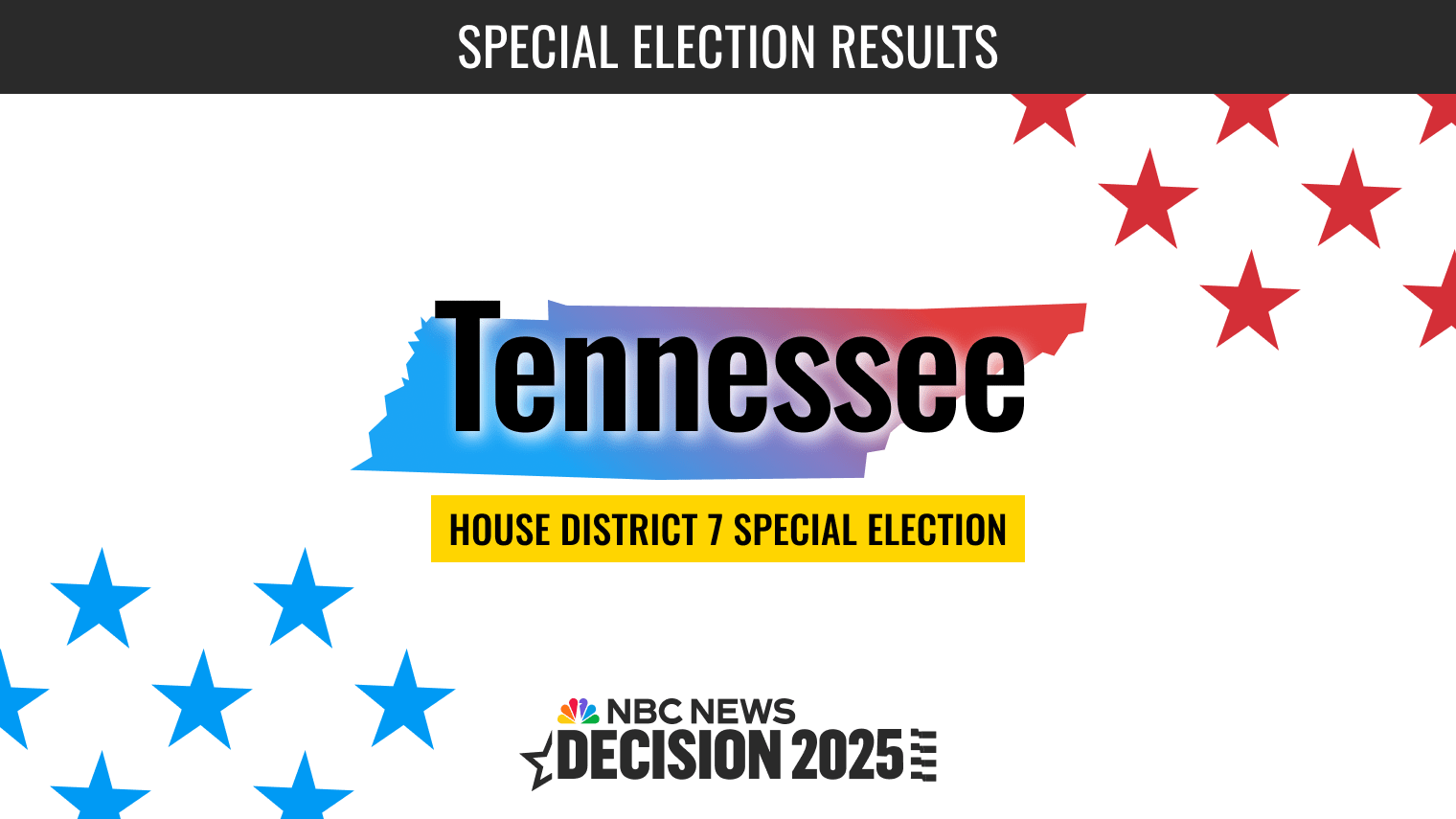The Future of Medicaid in the Wake of Controversial Legislation
#medicaid #legislation #republicans #democrats #2026 elections

About the Organizations Mentioned
Republican
The term "Republican" typically refers to the Republican Party, one of the two major political parties in the United States. However, if you are asking about a specific organization named "Republican," there seems to be a lack of information. Assuming you are interested in the Republican Party, here is a summary: ## Overview of the Republican Party The Republican Party is a major political party in the United States, known for its conservative platform. It was founded in 1854 by anti-slavery activists and has since evolved to become a prominent force in American politics. ## History The Republican Party has a rich history, starting with its formation during the mid-19th century. It has produced notable figures such as Abraham Lincoln, Theodore Roosevelt, and Ronald Reagan. Over the years, it has been associated with various political ideologies, including conservatism and libertarianism. ## Key Achievements The Republican Party has been instrumental in shaping American policy. Some of its key achievements include: - **Tax Reductions**: Republicans have often advocated for lower taxes, which they believe stimulate economic growth. - **Regulatory Reform**: They have pushed for deregulation in various sectors to promote business growth. - **Foreign Policy**: Republicans have traditionally been strong on national defense and have played a significant role in shaping U.S. foreign policy. ## Current Status Currently, the Republican Party is a major opposition party in the U.S. Congress. It continues to influence policy debates on issues like healthcare, immigration, and economic policy. Notable aspects include its strong presence in state governments and its influence on conservative think tanks like The Heritage Foundation, which has been involved in initiatives such as Project 2025[1][3]. ## Notable Aspects - **Project 2025**: This initiative by The Heritage Foundation outlines a radical plan for restructuring the federal government, which has been controversial among Republicans and Democrats alike[1][4]. - **Influence on Technology Policy**: Republicans have been involved in shaping technology policy, particularly
House Republicans
The **House Republicans** refer to the Republican caucus within the United States House of Representatives, currently holding a slim majority in the 119th Congress beginning in 2025. This group functions as the primary organizational body for Republican members in the House, coordinating legislative strategy, party messaging, and leadership elections[4][9]. Historically, the House Republican Conference has been a major force shaping U.S. policy and governance since the party’s founding in the mid-19th century. It provides a platform for collective decision-making and policy development among Republicans in the House. The Speaker of the House, currently Mike Johnson (LA), is the most senior Republican leader and presides over House proceedings, sets the legislative agenda, and serves as the party’s chief spokesperson[2][4]. The Majority Leader (Steve Scalise), Majority Whip (Tom Emmer), and other leadership roles manage daily legislative operations, party discipline, and coordinate votes[4][5]. In terms of **key achievements**, House Republicans have historically influenced major legislation on taxation, deregulation, defense, and judicial appointments. Their agenda in 2025 focuses on reversing policies from the previous administration, emphasizing conservative priorities such as economic growth, national security, and limiting government intervention[7][6]. The current status of the House Republican majority is notably narrow, with just 219 seats out of 435, the smallest margin since 1931. This slim majority demands strong party unity and strategic negotiation to pass legislation and maintain control. Speaker Johnson’s election required every Republican vote except one, illustrating the fragile balance within the caucus[1][3][6]. The party’s leadership includes new and returning figures tasked with navigating this delicate legislative environment while working closely with the executive branch under President Donald Trump’s administration[5][7]. Notable aspects of the House Republicans include their tight internal cohesion, strategic focus on legislative priorities aligned with conservative principles, and their adaptation to a highly divided House, which impacts how they engage















